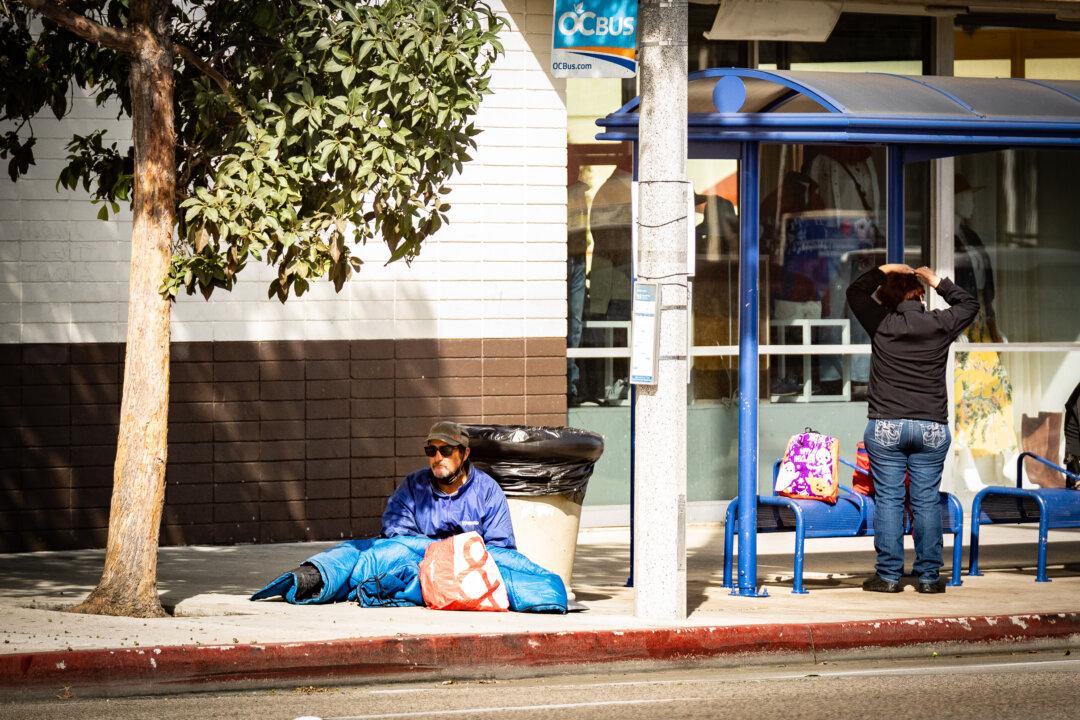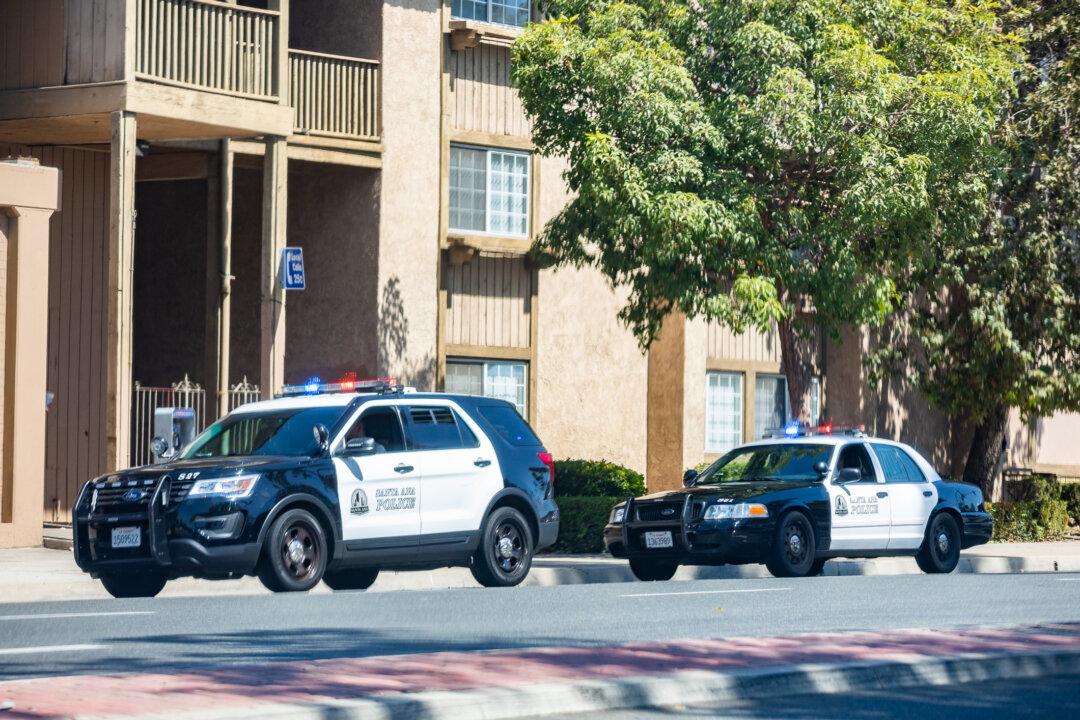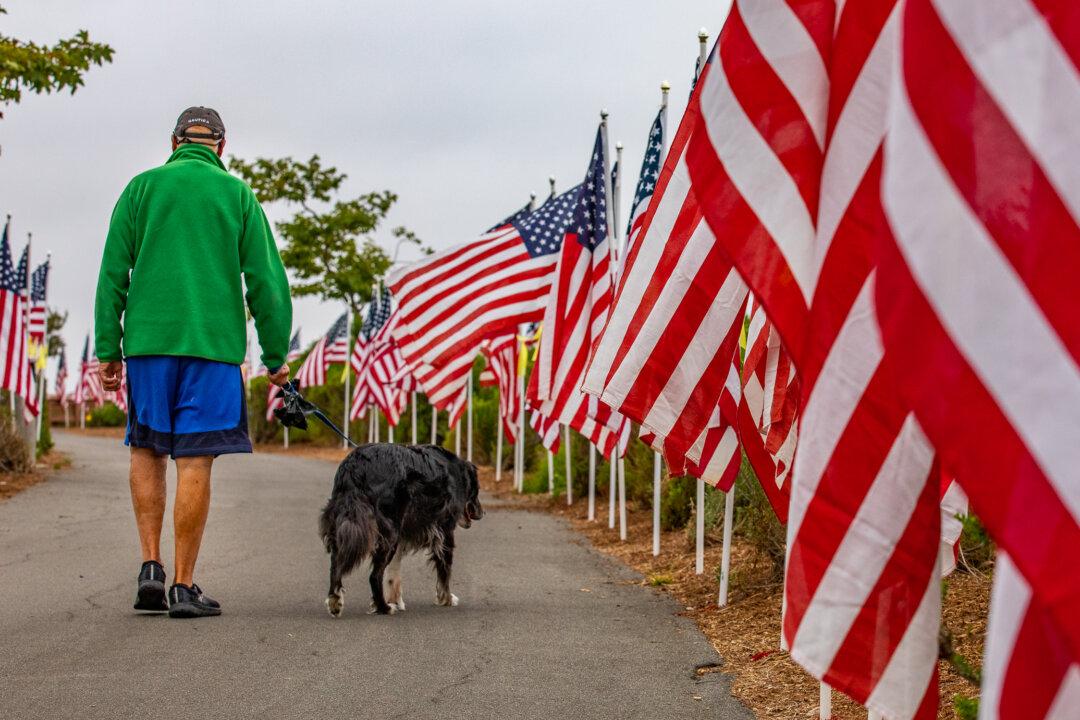Orange County’s most at-risk residents—including those trapped in abusive relationships and others living on the streets—are becoming more vulnerable as the pandemic continues, say specialists.
“As a result of the shelter in place [order] ... our agency experienced a 65 percent increase in our hotline calls, as you can well imagine now that we have families that have to hunker down,” said Veronica Stephens, lead community education specialist for the Southern California-based domestic violence shelter Laura’s House.





